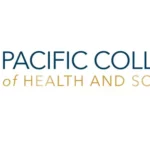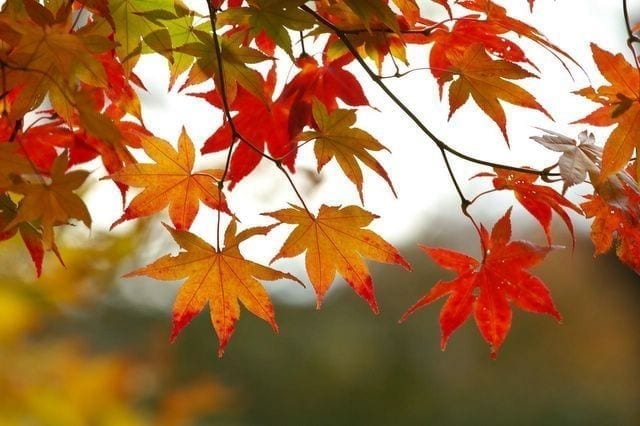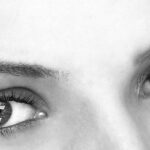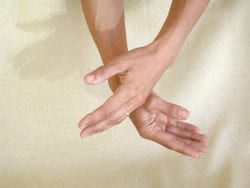A Career in Traditional Chinese Medicine
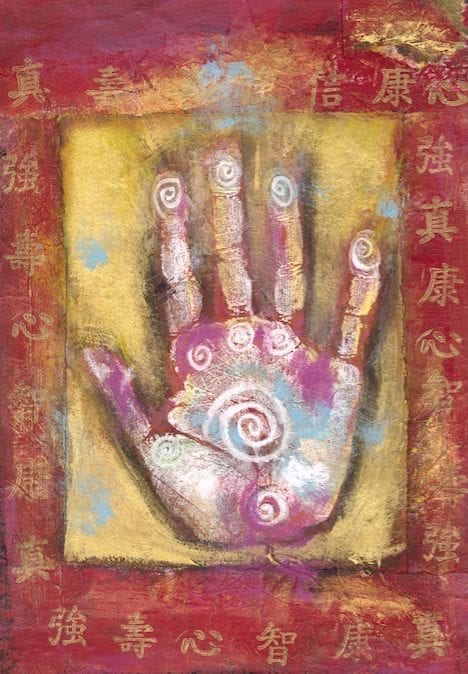
Traditional Chinese Medicine (TCM) is as ancient, and in some ways as mysterious as China itself. Today with a major increase in interest, acceptance, and proven efficacy of so called complementary and alternative medical practices (CAM), TCM is not only far less esoteric, it is becoming a promising career path. Today many health insurance companies …
